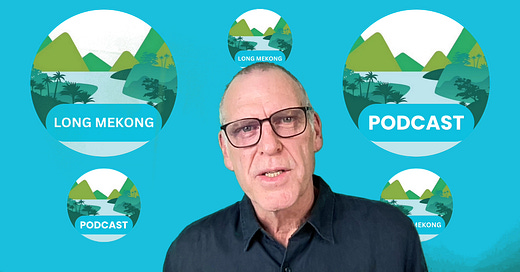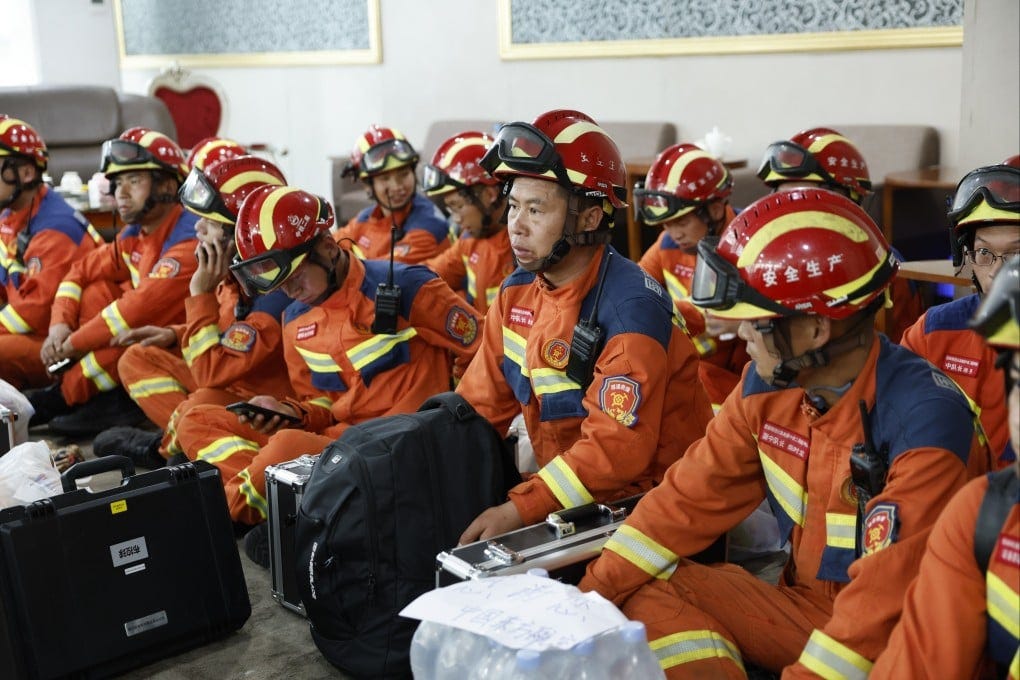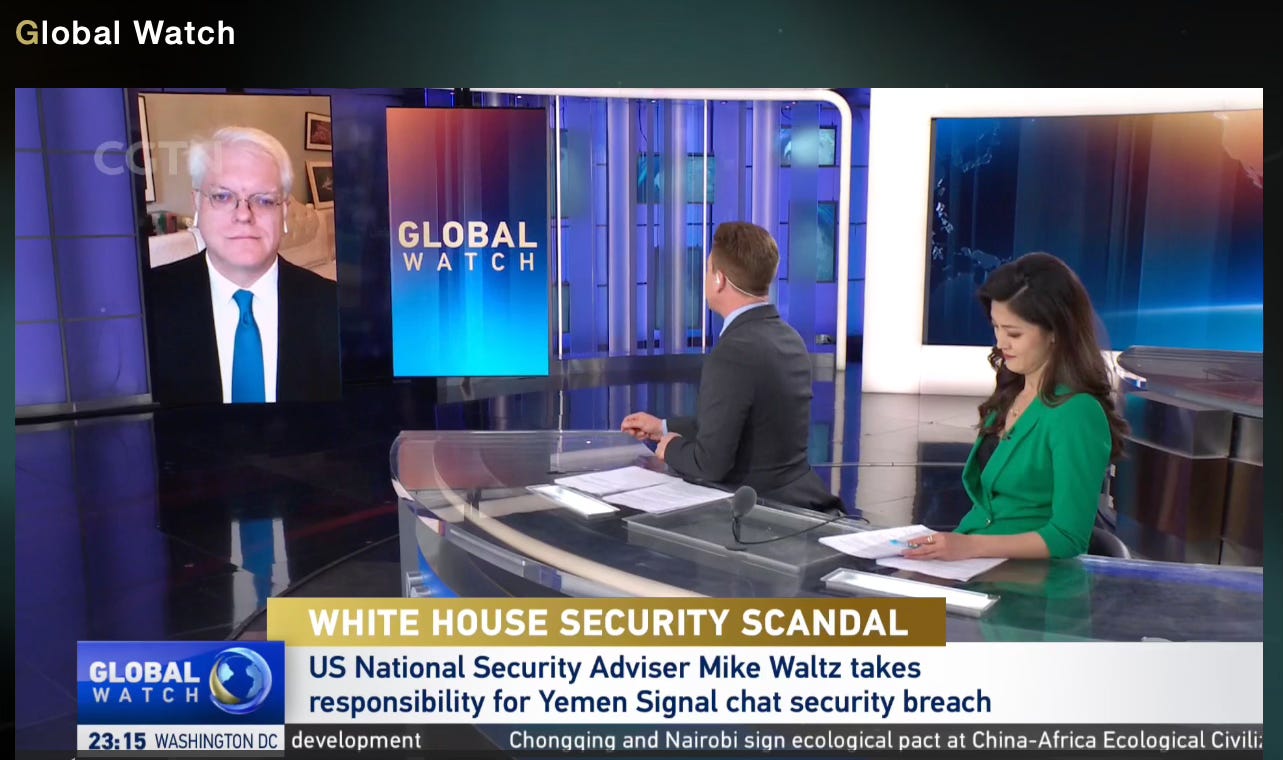Myanmar earthquake: China sends rescue teams and makes aid pledge as Xi calls junta chief
By SCMP
Beijing pledges US$13.8 million and sends emergency rescue team after Friday’s magnitude 7.7 quake killed more than 1,000 people
China has promised to provide 100 million yuan (US$13.8 million) in emergency aid to Myanmar following the devastating earthquake there, while President Xi Jinping spoke to the head of the ruling junta on Saturday to offer his condolences.
Beijing has also sent two rescue teams and will supply tents, blankets, first aid kits, food and drinking water, state news agency Xinhua reported.
Meanwhile, the death toll continued to rise. Friday’s 7.7-magnitude quake was the most powerful to hit Myanmar in decades and has killed at least 1,000 people and injured 2,400, according to local authorities.
The toll is expected to rise significantly and with communications badly disrupted in the isolated state, the true picture is still unknown.
The country’s airports also reportedly shut down while electricity, phone and internet services remained down for most of the capital city Naypyidaw on Saturday.
China’s foreign ministry said on Saturday that it had received no reports so far of any Chinese nationals being among the dead in Myanmar.
https://www.scmp.com/news/china/diplomacy/article/3304403/chinese-rescue-team-arrives-myanmar-help-search-earthquake-survivors
Featured contributor Prof. Josef Mahoney joined CGTN Global Watch to discuss the continued fallout from Signalgate.
US Attorney General Pam Bondi says Signal is safe. But the National Security Agency sent out a warning about Signal last month. Your thoughts?
Bondi has a powerful incentive to say that Signal is safe. However, while the app and its encryption might be safe, but it was used unsafely.
There have been reports in recent years that Signal might be unsafe at times, that it requires regular software updates, which users must download and activate, and do so on personal devices that can become promised in other ways. There's also speculation that whatever security Signal enjoys is inversely related to developments in quantum computing. And we just don't have a clear picture of how advanced quantum computing is presently and its projected encryption-breaking capabilities.
Finally, the US is putting its security in the hands of private firm. ls that firm safe? Are all of its employees reliable? Do some of them dislike theUS or Trump? Are some of them looking to make a mark, regardless of ideology?
These are the sorts of questions that should be haunting US officials and allies. Does it surprise you that no one on the group chat raised concerns about using the Signal App?
I find two things surprising. First, it's likely The Atlantic editor was already in one of members contacts list and was added accidentally, which indicates someone was already in a confidential relationship with him, and therefore discussing on the same platform and account both secret military operations as well as communicating with media. That's already a major security risk.
Second, we're hearing the Biden Administration also used Signal, with a memo describing it as consistent with "best practices" This is doubly troubling, because aside from security risks, there are also government records concerns, in so much one can delete Signal messages and never recover them, allowing officials to avoid scrutiny later if investigations follow.
The Wall Street Journal reports #israel has complained to US officials because the leak referred to Israeli supplied intelligence used in the #yemen strike. Will allies lose trust in the US?
In 2017, during Trump's first term, he revealed top secret Israeli intelligence that compromised Mossad agents and military commandos.and reportedly left Israeli officials shouting at their American counterparts. It's in this context, that we hear Mossad officials now being quoted in Haaretz, "it's no surprise, America can't be trusted."
There's a general concern that runs in two directions: First, the America-first ideology that we hear in these conversations is self-serving, and the devil may care about others but the White House doesn't. Second, maybe this lack of care contributes to a cavalier approach to operational security, worsened because many of these US officials are inexperienced and deeply distrustful of their own government and government communications systems...
GLOBAL WATCH
https://www.cgtn.com/tv/replay?id=CEFDGAA
Ambiguous alignment: Australia navigating US–China rivalry in the post‑AUKUS era
As Great Power rivalry in the Asia–Pacific has intensified, Australia has widely come to be seen as a prototypical Balancer. By lending its modest weight in support of its long-time security ally, the US, it seeks to offset the challenges to the regional order posed by China.
Developments like the AUKUS partnership struck between Australia, the US and the UK in 2021 are interpreted as confirmation of Australia’s contemporary international alignment. This paper, however, argues that post-AUKUS, Australia has not comprehensively abandoned its hedging strategy. This is reflected in a number of Canberra’s regional assessments and responses that diverge significantly from that of Washington. Similar to Beijing, Canberra believes that the era of US primacy has come to an end and the region is now multipolar. In framing a response, Canberra also broadly shares Beijing’s view that deeper economic integration not only advances domestic and regional prosperity, but also stability and security. Further conditioning Canberra’s response is a recognition that short of extreme scenarios, geopolitical “like-mindedness” counts for little in safeguarding local living standards. For China, Australia’s ongoing ambiguous alignment is a starting point for creative and professional diplomacy to unlock mutually beneficial outcomes. A second Trump administration in Washington is also likely to exacerbate the foreign policy divide between Canberra and Washington.
















Share this post